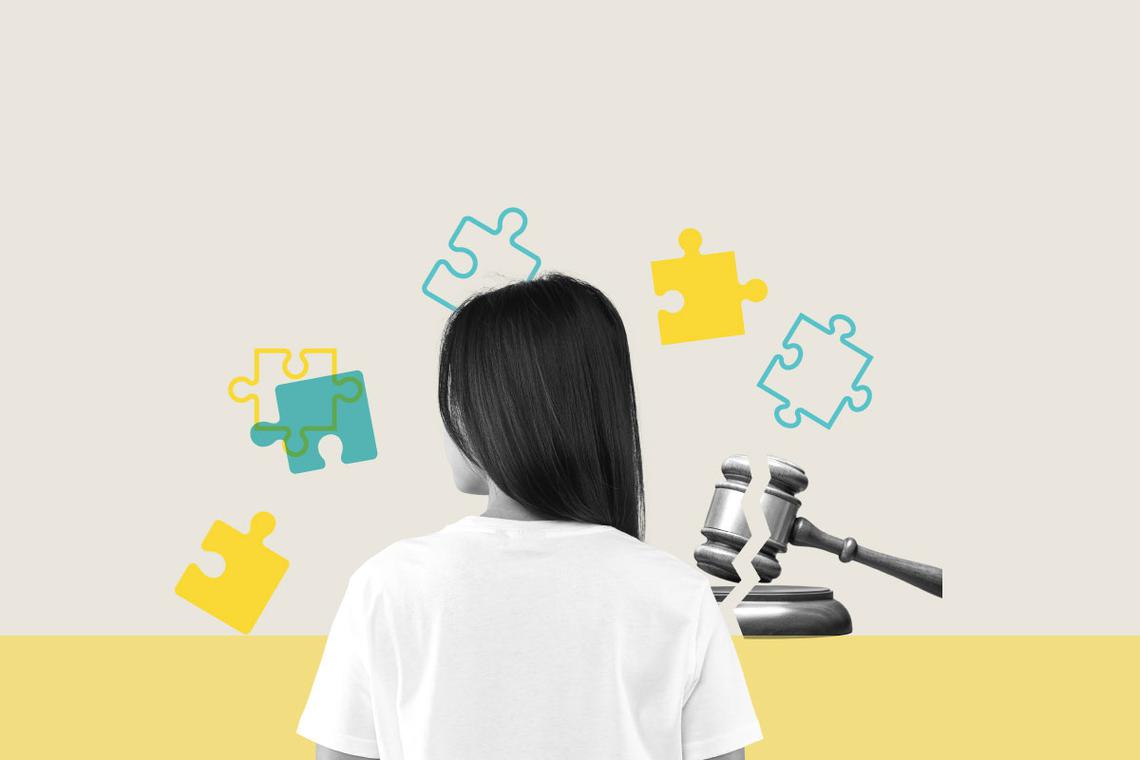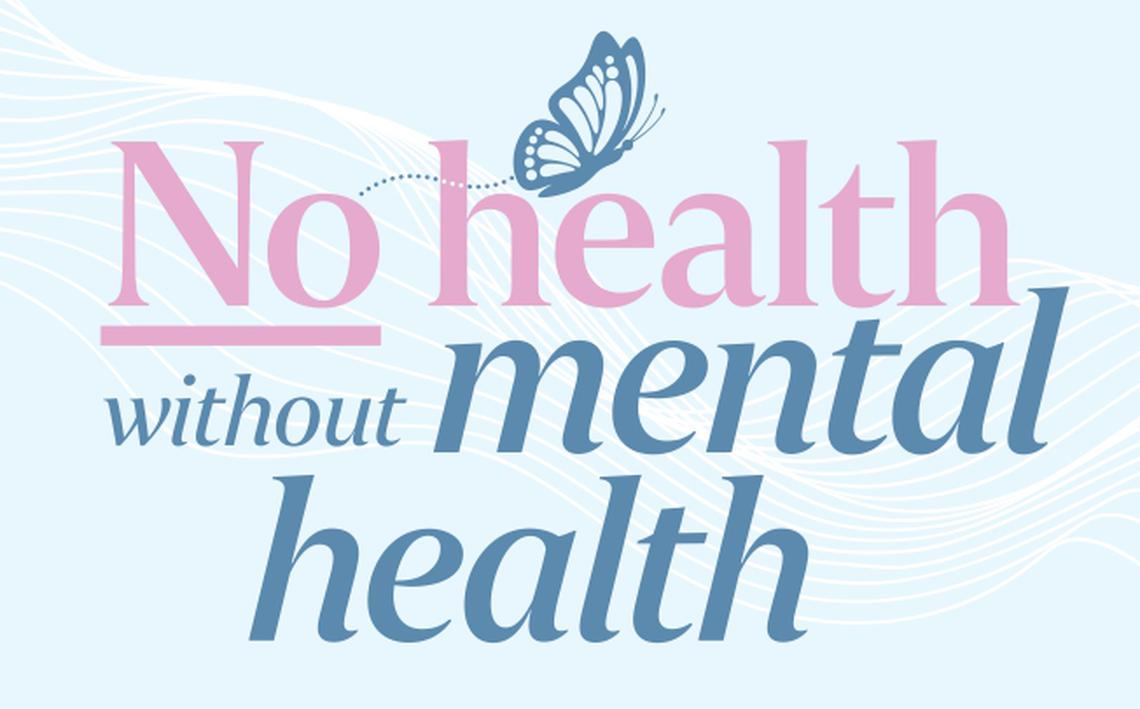SINGAPORE – In March, Mr Edwin Tong, who was then Second Minister for Law (now Minister for Law) launched a multi-agency task force to support people with invisible disabilities within the justice system.
One story shared at the event was especially harrowing: a young girl with autism, incarcerated at the Singapore Girls’ Home after a violent outburst, had attempted suicide. It was a painful reminder that when systems do not understand neurodiversity, vulnerable individuals can fall through the cracks, with tragic consequences.
Today, there is a growing awareness that not all minds work the same way. This is known as neurodivergence. Once confined to academic and activist circles, this term has entered mainstream discourse, often used by young people and their families to describe conditions such as autism, attention deficit hyperactivity disorder (ADHD), dyslexia, dyspraxia, Tourette syndrome, and more.
The central idea is simple, yet radical. These are not “disorders” or even “disabilities” to be fixed, but natural variations of the human brain, differences in how we learn, focus, move, socialise, or experience the world.
This shift in framing has significant implications not only for psychiatry and education, but increasingly also for our legal system.
As a psychiatrist, I find myself often navigating a double bind. On the one hand, psychiatric classification systems such as the Diagnostic and Statistical Manual (DSM-5) by the American Psychiatric Association and the International Classification of Diseases (ICD-11) by the World Health Organisation – which classify many of these differences as disorders – are an essential pillar of clinical work.
They help us define conditions, guide treatment, and organise access to services. These frameworks, based on observable patterns of dysfunction or distress, are vital in ensuring clinical consistency and insurance coverage.
However, these same systems, designed for a medical model, can unintentionally pathologise difference.
Much of the suffering of neurodivergent individuals is not due to internal dysfunction, but rather, external misunderstanding: in classrooms that reward only one mode of learning, workplaces that privilege neurotypical behaviour, or health systems that rely on rigid diagnosis.
In the research world, there has been an effort to evolve beyond such binary distinctions.
The Research Domain Criteria (RDoC) initiative by the US’ National Institute of Mental Health seeks to classify mental functioning across dimensions such as cognitive control or emotional regulation. However, while scientifically promising, RDoC remains a tool for research, not yet ready for real-world clinical or forensic application.
The stakes become especially high when neurodivergent individuals encounter the judicial system. A young person on the autism spectrum may fail to make eye contact or respond appropriately during police questioning, which could be mistaken for evasiveness or guilt.
A teenager with ADHD might act impulsively or react with aggression, drawing punitive attention, instead of developmental support.
Without understanding the behavioural manifestations of neurodivergence, there is a real risk of misinterpreting neurological difference as wilful defiance.
This leads to over-criminalisation, inappropriate incarceration, and sentencing that fails both the offender and society.
In some jurisdictions, such as the UK and US, neurodiversity-informed justice is emerging as a guiding principle. The goal is to promote accessible legal processes and divert neurodivergent individuals from traditional punitive systems towards supportive, rehabilitative frameworks.
In Singapore, mechanisms such as Mandatory Treatment Orders and tailored sentencing in the Family Justice Courts offer early steps in this direction, though they are still limited in scope.
One promising path forward is the application of restorative justice approaches for neurodivergent individuals. Restorative justice shifts the focus from punishment to accountability, healing, and repair. It recognises that harm is best addressed through dialogue and understanding, not isolation or retribution.
For a neurodivergent youth who has committed a minor offence, restorative practices, such as facilitated mediation with victims, structured apologies, or community restitution, can be more developmentally appropriate than incarceration.
Such approaches also allow the individual to learn the impact of their actions, while society learns to respond with compassion rather than condemnation.
Restorative justice does not negate accountability. Rather, it embeds it within a framework that acknowledges neurological difference, trauma history, and support needs. It also promotes social integration, a key protective factor against future offending.
At the Institute of Mental Health, we are working towards a more inclusive model of care. This includes redesigning our environments for sensory comfort, refining our assessment tools, and getting peer support specialists to aid in patient care.
These are persons who have recovered from their mental illness, who can share their experiences with patients and provide them with wellness training. We also involve them in care discussions and get them to do media interviews for improved mental health literacy. But change cannot stop at the hospital gates.
Schools must look beyond compliance and discipline to embrace individualised learning and behavioural diversity. Workplaces should adjust expectations to value different communication styles and attentional rhythms. And the justice system must evolve from a one-size-fits-all model to one that distinguishes misconduct from misunderstanding.
Neurodivergence challenges our assumptions, not only in psychiatry, but also in policy, education, and law. We cannot abandon classification altogether; it helps us structure systems and services. But we must use these labels with humility, empathy, and flexibility.
Being neurodivergent is not a loophole to escape responsibility, nor is it a flaw to be corrected. It is a call to build systems that honour human difference with human dignity. In doing so, we can make Singapore not just mentally healthier, but also more just, compassionate, and truly inclusive.
-
Dr Daniel Fung is a child and adolescent psychiatrist, and the chief executive officer of the Institute of Mental Health.

